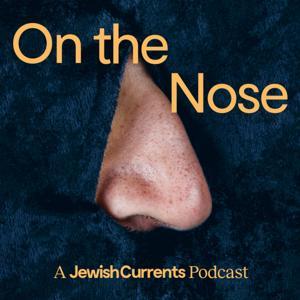Has California – once a leader in fighting climate change – begun to retrench, moving backward after years of progress? That’s what we discuss on this episode of What's Next, Los Angeles, with special guest Mike Young, executive director of California Environmental Voters.
The 2025 California legislative session brought headline-grabbing action on environmental and climate issues—but it’s a record that’s as contested as it is celebrated. Governor Newsom and lawmakers have been touting a package of legislation as historic, while environmental leaders are bemoaning what they describe as the one of the worst CA legislative sessions for the environment in recent memory.
Newsom and the legislature point to their actions to extend California’s signature cap-and-trade climate policy—now rebranded as the cap-and-invest program—which they say will provide regulatory certainty and continued revenue for critical clean energy and climate investments. That program is meant to steer billions to projects like zero-emission vehicles, clean transportation, and pollution reduction in frontline communities.
Those elected officials also draw attention to legislation on wildfire resilience, and their work on California Wildfire Fund that will channel billions toward supporting wildfire survivors, modernizing the state’s utility grid, and protecting ratepayers from the costs of catastrophic wildfire liability.
But for all the progress claimed, the session’s record is under fire from environmental advocates. The legislature rolled back major protections under the California Environmental Quality Act—stripping environmental review for large projects in order to expedite crucially needed housing production. Critics argue these moves put disadvantaged communities at greater risk and weaken oversight of polluting industries. Controversially, the legislature also facilitated expanded oil drilling in Kern County, raising alarm about California compromising its climate leadership to address immediate energy and affordability concerns. Environmental advocates also say the legislature and governor and failed to seize the moment and move forward on several key environmental initiatives – such as holding fossil fuels companies financially responsible for skyrocketing wildfire insurance, and forcing polluters to pay for environmental devastation.
This year, the question is sharper than ever: Is California still leading the way on climate, or is its environmental ambition being undermined by political hand-wringing and powerful industry interests?
Joining us for a frank conversation on what this all means—for communities, for climate, and for the work ahead—is Mike Young from California Environmental Voters.
Newsom signs climate overhaul, extending cap and trade while boosting oil drilling
Newsom signs California climate package aimed at lowering gas and utility costs
Newsom’s climate warrior image is backsliding, environmental groups say
California Rolls Back Its Landmark Environmental Law
Gavin Newsom on Trump, Climate and California
California Environmental Voters Legislative Scorecard
What's Next, Los Angeles? is produced and hosted by Mike Bonin, in partnership with LA Forward.




































